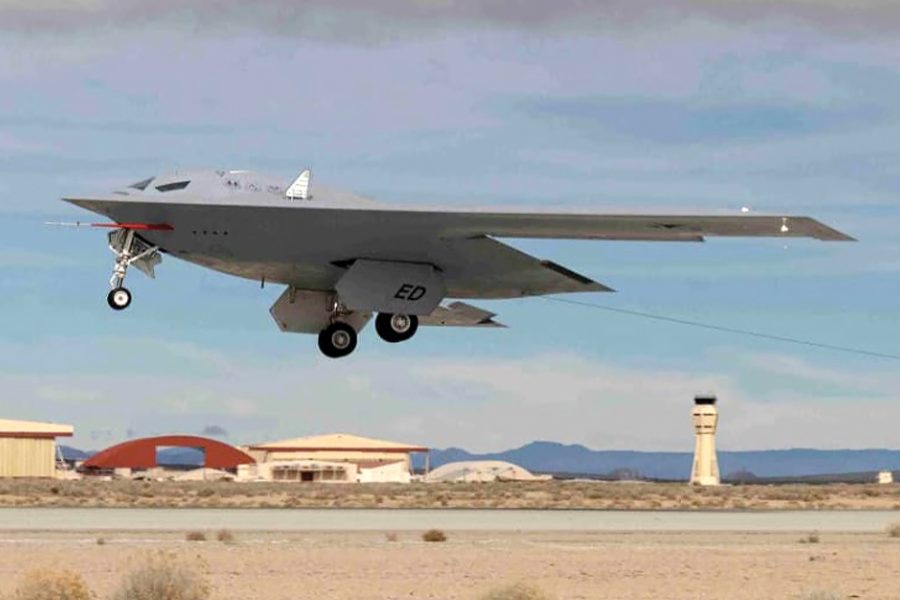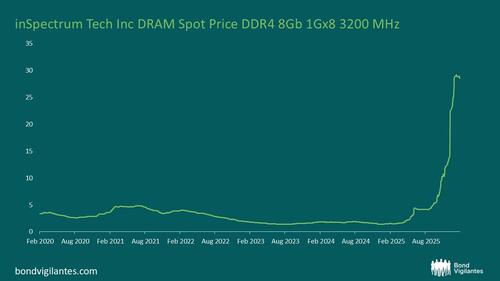
President Donald Trump on July 4 signed into law $150 billion in defense funds as part of the tax-and-spending package known as the “One Big, Beautiful Bill” after congressional Republicans approved the legislation in narrow, drawn-out votes earlier this week.
The megabill’s defense provisions aim to boost spending on key military priorities, from accelerating next-generation aircraft development and missile defense networks to shoring up the shipbuilding industry and replenishing munitions stockpiles.
“Years of chronic underinvestment in our national security has … allowed our adversaries to threaten us and challenge us in new and unprecedented ways, but that ends today,” House Armed Services Committee Chairman Mike Rogers said in a floor speech shortly before 4 a.m. July 3 as the chamber moved toward passing the bill.
“With these investments, we’ll work to restore American deterrence and build the ready, capable and lethal fighting force President Trump promised,” he said.
Nearly $39 billion—or 15.5 percent—of the money the Air Force and Space Force seek in 2026 comes from the bill. That includes more than one-third of the Space Force’s budget and 12 percent of the Air Force’s, putting the services in a precarious position as they watched the legislation progress. The money is available immediately.
The package provides billions of dollars for aircraft development, production, and maintenance, urging the Air Force to speed assembly of its new B-21 stealth bombers and buy more F-15EX fighters, as well as accelerate development of the next-generation F-47 fighter. It also invests in aircraft connectivity projects, stops the F-22 and F-15E fighter fleets from retiring, and calls for the “development, procurement, and integration” of unnamed long-range strike aircraft.
Among the other Air Force and Space Force provisions are $9 billion in funds to update troop dormitories and bolster bonus pay, housing stipends, child care, and tuition assistance across the military; $25 billion for Trump’s vision of a “Golden Dome” domestic missile defense network, which is expected to heavily rely on Space Force assets; anti-ship, air-to-ground, and air-to-air missiles; and more than $622 million for Air Force training exercises in the Pacific.
The Space Force’s X-37B spaceplane would also see a $1 billion windfall; the legislation offers the service nearly $14 billion for research and development projects overall.
The Trump administration is pursuing a $1 trillion defense budget not through the normal appropriations process alone, but split between two bills: the typical annual funding bill, and the One Big, Beautiful Bill, which Republicans enacted without Democratic votes through a process called budget reconciliation.
Disagreements on the reconciliation bill’s cuts to Medicaid, food assistance programs, effect on the national debt, and more spurred two of the longest votes in House and Senate history, which stretched on as GOP leadership sought the support of the party’s right flank and moderate Republicans. Several House Republican holdouts ultimately backed the bill without changes after criticizing the Senate’s tweaks. All but two GOP members opted to send the bill to the White House in a 218-214 vote July 3.
Its enactment is a major victory for Republicans, who used the package as the vehicle for vast swaths of Trump’s policy agenda.
Though the defense portion of the reconciliation package was intended as a five-year investment in the Pentagon’s most pressing needs, the Defense Department plans to use 80 percent of that funding to beef up a fiscal 2026 request that is essentially flat compared to 2025.
Defense officials will now make the case for the remaining $893 billion that comprises their 2026 ask, including $211 billion for the Air Force and Space Force.
If the services get all the money they’ve asked for across both avenues, the Air Force would sit at least $25.5 billion, or 14 percent, higher than in 2025. The Space Force would receive at least $11.3 billion, or 40 percent, more than in the previous year.
Defense experts warn that relying on one-time money through reconciliation may make it more difficult for the military to plan ahead, and can’t replace sustained funding through the annual base budget.
“I’m concerned there’s going to be a false sense that the problem of insufficient defense funding is solved when it’s not,” said Elaine McCusker, who served as acting Pentagon comptroller during Trump’s first term. She now works as a defense budget analyst at the American Enterprise Institute.
The post Trump Signs Reconciliation Bill, Securing Billions for Air Force and Space Force Programs appeared first on Air & Space Forces Magazine.

Air, Budget, Congress, Space, 2026 budget, Donald Trump, Reconciliation
Air & Space Forces Magazine
[crypto-donation-box type=”tabular” show-coin=”all”]





